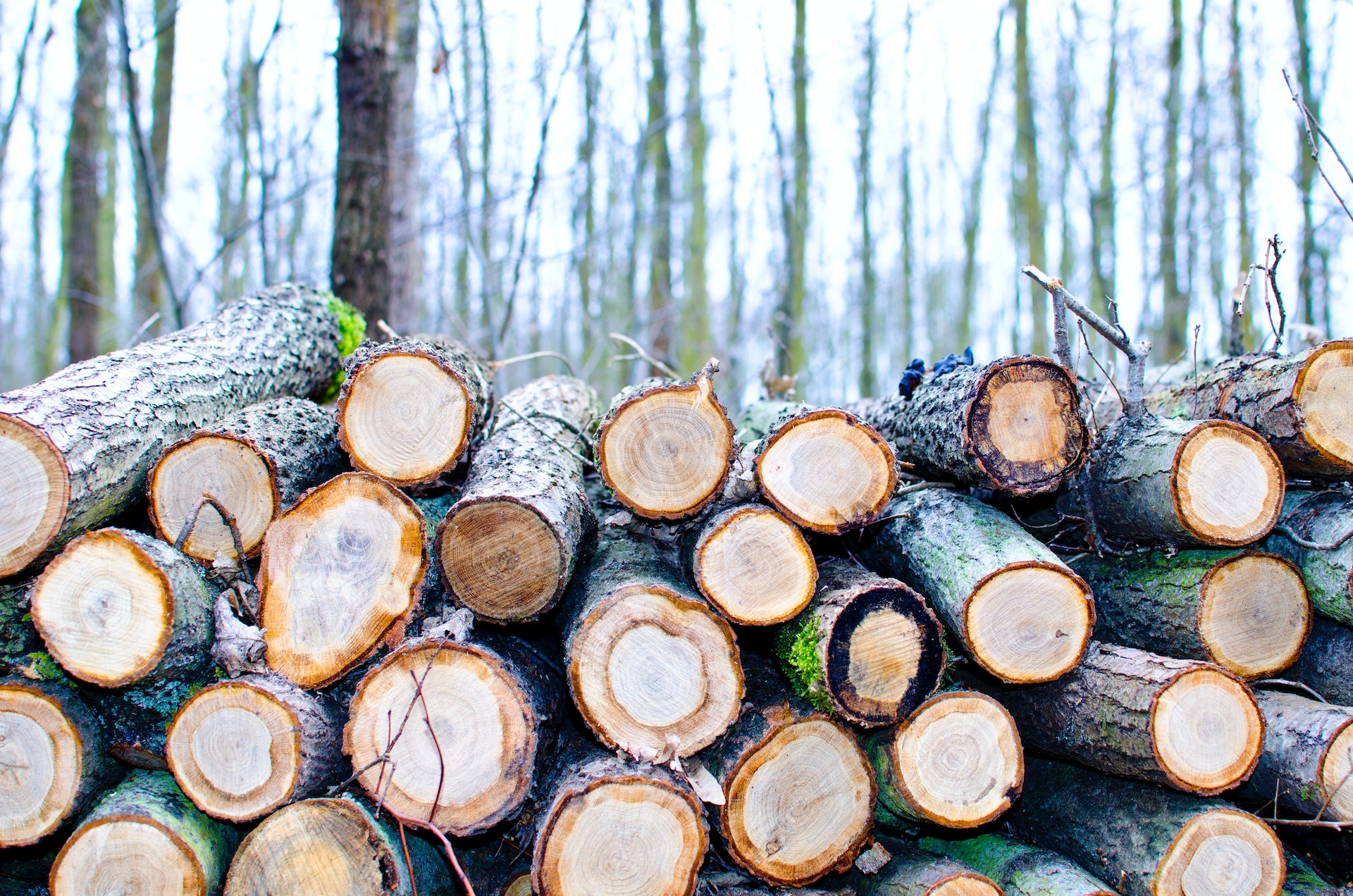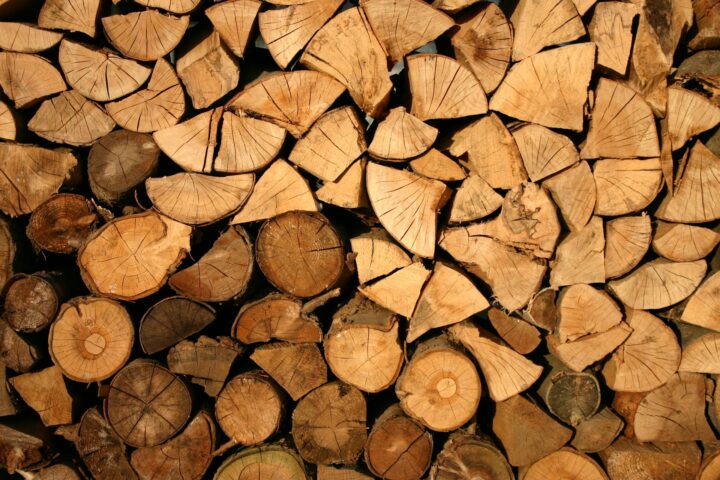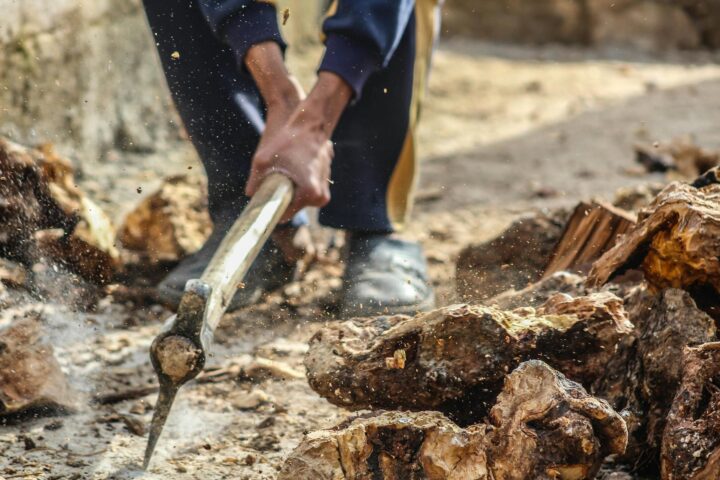-
The Economic Value of Timber Harvesting: Benefits for Local Communities
Timber harvesting, the process of cutting and extracting trees for commercial use, offers numerous economic benefits for local communities. From job creation to revenue generation, timber harvesting plays a vital role in supporting local economies. In this article, we will explore the economic value of timber harvesting and its positive impact on communities.
Job Creation
Timber harvesting provides employment opportunities for individuals in rural and forested areas. The industry requires a diverse range of skilled professionals, including loggers, foresters, truck drivers, and equipment operators. These jobs contribute to the local workforce, supporting livelihoods and economic stability within the community.
Revenue Generation
Timber harvesting generates revenue for landowners, timber companies, and local governments. Landowners receive income through the sale of harvested timber, allowing them to invest in other ventures or maintain their property. Timber companies profit from the processing and sale of timber products, contributing to the overall economic growth of the region. Additionally, local governments collect taxes and fees related to timber harvesting, which can be used to fund public services and infrastructure improvements.
Supporting Related Industries
Timber harvesting has a ripple effect on other industries. The processing and manufacturing of timber products, such as lumber, plywood, and paper, create additional jobs in downstream industries. Furthermore, the transportation sector benefits from the need to transport harvested timber from the forest to processing facilities and markets. These interdependencies strengthen the local economy and promote a thriving business ecosystem.
Sustainable Forest Management
Timber harvesting, when conducted responsibly, promotes sustainable forest management practices. Responsible logging involves selective cutting, reforestation efforts, and adherence to environmental regulations. Sustainable forest management ensures the long-term health and productivity of forest ecosystems, allowing for continued timber harvesting and economic benefits for future generations.
Supporting Local Businesses
The timber industry fosters the growth of local businesses that provide goods and services to support logging operations. Equipment suppliers, fuel stations, repair shops, and hospitality establishments all benefit from the presence of timber harvesting activities. These businesses, in turn, contribute to the local economy by providing employment and generating revenue.
Community Development
Timber harvesting can play a role in community development initiatives. Timber companies often invest in infrastructure improvements, such as road maintenance and bridge construction, to facilitate timber extraction. Additionally, timber companies may contribute to community projects, sponsor local events, or provide funding for educational programs. These contributions enhance the overall quality of life in the community and foster a sense of partnership between the industry and the residents.
Timber harvesting offers significant economic value to local communities. It creates jobs, generates revenue, supports related industries, promotes sustainable forest management, and contributes to community development. By recognizing the economic benefits of timber harvesting and ensuring responsible practices, communities can harness the potential of their forest resources to foster economic growth and prosperity.




